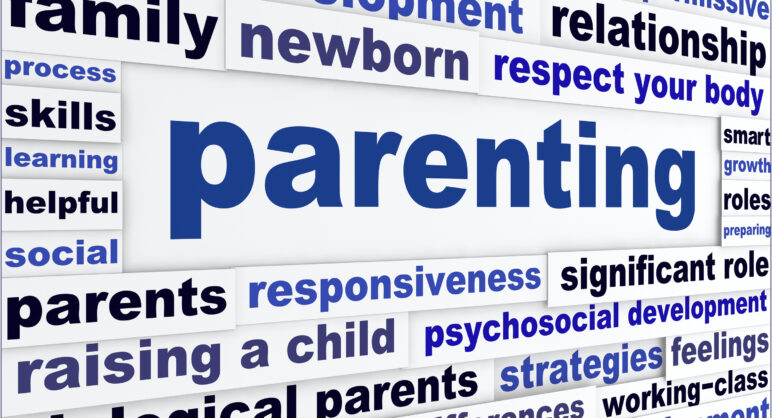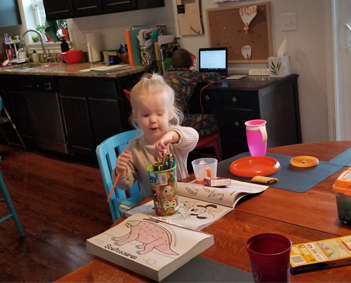
7 Tips For Parents of Young Children
It can be quite daunting to raise young children who have behavioral issues. Through the years that I have worked as a parent coach, I have developed lots of tricks and tips for parents. I’m going to share some of those parenting tips with you today.
With the right strategies, parenting can become a much more manageable task; by understanding how to effectively “train” your toddler, you can help them become healthy, happy, humans that are tolerable to live under the same roof with.
The Parenting Tips In no particular order…
-
1: Encourage Appropriate Behavior
- Doing this will lessen the opportunities for unfavorable behavior. The lifelong wiring of the brain is affected by every positive, and negative, behavior in the first 10 years of life. Therefore, it is essential to encourage appropriate behavior during those formative years.
You can tell when your child is about to get into a situation where bad behavior can happen. By stepping in and encouraging the appropriate behavior, the difficult situation is prevented from happening. And your child takes the win of remembering the correct behavior, rather than dealing with the consequences of their mistakes after the fact.
-
2: Show Love for the Child Even When Showing Disapproval for Their Behavior
- It is important for your child to know that you love them, even when they display challenging behavior. One way to build that bond is to set aside an appropriate time of day to have fun with your child. This can be done while walking home from school, at bath time, or any other time you deem appropriate.
Let your child pick the activity, and give your undivided attention to them during that time. Ensure they know that you enjoy spending these special moments together. The child’s self-esteem is nourished during these periods of positivity, and it can pave a path to more positive times together.
Then, when an issue does arise, be sure that you are using words that are condemning the behavior, and not the child. Rather than saying, “I’m not happy with you,” say, “I’m not happy with your behavior (or your choices).” The alternative is also true; when praising your child say, “I love it when you do this to help (or make this choice),” rather than saying, “I love you when you do that (or make that choice.” Your choice of words can go a long way in communicating your unconditional love for your child.

-
3: Transform Your Home into an Environment of Success
- To do this, you can create relaxed, child-friendly play areas.
Add some toys in which you child has an interest, keep them within reach, and teach him or her how to keep them organized when playtime is over. Place step stools in the kitchen and bathrooms so your child can have an easier time helping with the dishes or washing their hands.
-
4: Stick to the Routines You Create
- Creating a routine is great, but only if you stick to it. It is a fact that children find great comfort in knowing what is coming next.
In addition, creating routines assists in giving advance notice when activities will be changed. For example, you can tell your child that they can swing across the monkey bars two more times, and then it will be time to leave.
5: Consistently Set and Enforce Clear Limits
- What you expect of your child should be consistently enforced until it becomes second nature. However, ensure that you have the energy and time to keep at it.
- If you are running late, it is alright if a toy is left on the floor.
-
6: Activities Should Be Planned Around the Needs of the Child
- If your child exhibits negative behavior when they are hungry, do not go shopping without ensuring they are fed.
Additionally, if meals are usually served on the kitchen table, then use the coffee table for puzzles instead to avoid a meltdown when it is time to clean up before eating.
-
7: When Trouble is Brewing, Offer Limited Choices
- When it comes to colors of cups, we as parents know that the wrong color can ruin a kid’s day. So when the favorite color cup is in the wash, and you see your child on the brink of a meltdown, offer up a simple choice. Ask your child if they want to drink from the blue cup or the yellow one. You will guide the behavior by telling them what to do, rather than what not to do. If they don’t like the choices you offer up, tell them that if they don’t choose, you will.
Exercise patience if the same instructions are needed shortly after. Practice is necessary when dealing with a young mind.
When things do not go as smoothly as you planned, endeavor to keep calm. Count to 10, take some deep breaths, and show your child you can deal with problems while remaining cool. By doing this, you will become a great role model for your child. When every method seems to go wrong, and the child loses control, allow them space to calm down, and then deal with the situation once things are calmer.





